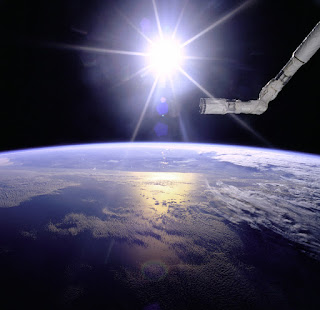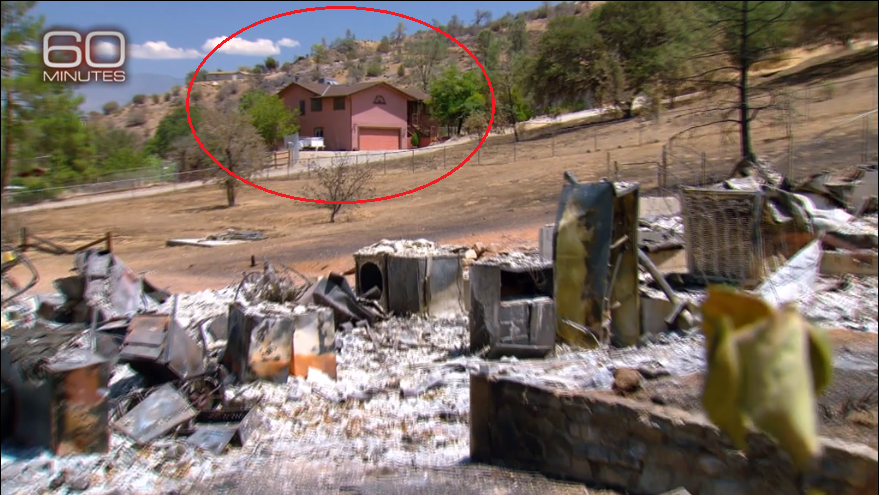Custom Robotics Manufacturer Employs Human AI
Custom robotics manufacturer Anthony Nighswander is highlighted in this news story today:
Amid a worker shortage, one company invested one million dollars in a custom set of robots from Nighswander's company. But Nighswander the maker of robots could not make a robot fast enough to interpret and fill the custom orders. So it started training unskilled workers aka humans.
--------------------------
Further Reading:
"Since then, Tesla has raced to iron out kinks in the assembly process, mainly by scrapping some complicated robotic machines that proved ill suited to certain tasks, and hiring hundreds of workers to replace them." nytimes.com
"If there’s one thing that’s broken about sales and marketing, it’s the lack of humanity: brands hide behind ticket numbers, feedback forms, do-not-reply-emails, automated responses and gated ‘contact us’ forms. Facebook’s goal is that their bots should pass the so-called Turing Test, meaning you can’t tell whether you are talking to a bot or a human. But a bot isn’t the same as a human. It never will be." blog.growthbot.org

This work by AJ Fish is licensed under a Creative Commons Attribution-NonCommercial 4.0 International License.
The problem is that Nighswander faces a hiring challenge in his own business, especially because, in this town of fewer than 4,000 people near the Indiana border, the pool of skilled workers is shallow. But rather than turn to robots himself, he has adopted a lower-tech solution: training. APT has begun offering apprenticeships, covering the cost of college for its workers, and three years ago it started teaching manufacturing skills to high school students.It's largely a story about the science of economics and productivity growth. Lay person's economic conventional wisdom, said economic downturns are the times companies innovate and become more efficient. But this story says urgency and shortage of workers is causing innovation and investment toward efficiency.
“I never thought that I would be training high school students in our facilities,” Nighswander said. “What I knew was that I was in survival mode. I knew the orders for robots and for automation were coming in faster than I could get the jobs out.”
Amid a worker shortage, one company invested one million dollars in a custom set of robots from Nighswander's company. But Nighswander the maker of robots could not make a robot fast enough to interpret and fill the custom orders. So it started training unskilled workers aka humans.
--------------------------
Further Reading:
"Since then, Tesla has raced to iron out kinks in the assembly process, mainly by scrapping some complicated robotic machines that proved ill suited to certain tasks, and hiring hundreds of workers to replace them." nytimes.com
"If there’s one thing that’s broken about sales and marketing, it’s the lack of humanity: brands hide behind ticket numbers, feedback forms, do-not-reply-emails, automated responses and gated ‘contact us’ forms. Facebook’s goal is that their bots should pass the so-called Turing Test, meaning you can’t tell whether you are talking to a bot or a human. But a bot isn’t the same as a human. It never will be." blog.growthbot.org

This work by AJ Fish is licensed under a Creative Commons Attribution-NonCommercial 4.0 International License.



